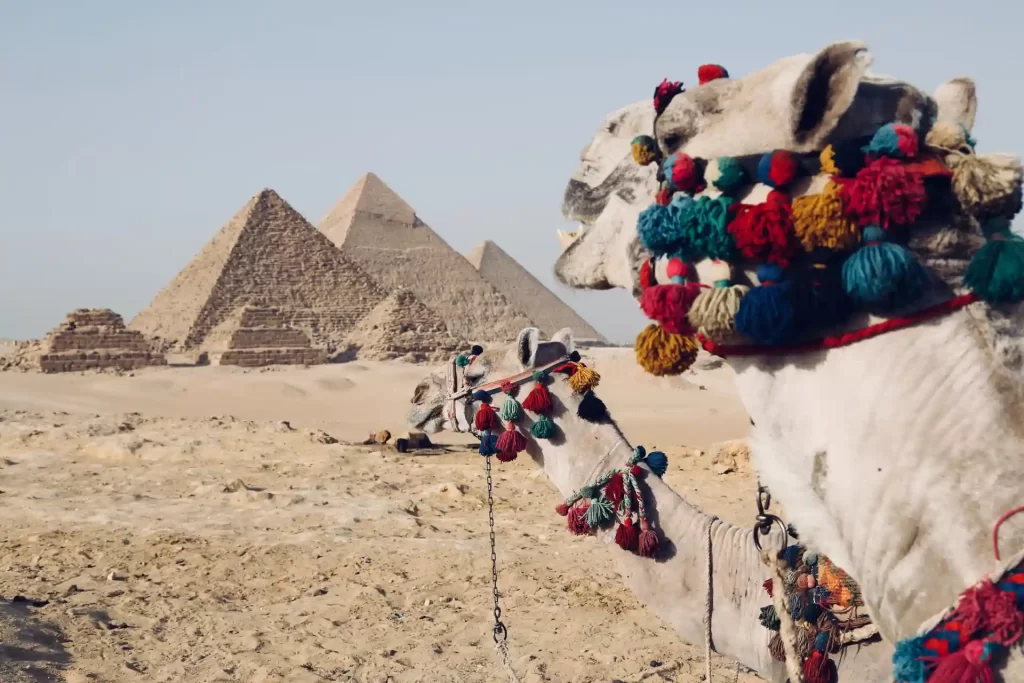Egypt, the land of the pharaohs, has captivated the imagination of the world for centuries with its rich culture and enduring traditions. From the awe-inspiring pyramids of Giza to the vibrant souks of Cairo, Egypt offers a captivating blend of ancient heritage and modern charm.
Actually, Egyptian culture is one of the oldest continuous cultures in the world, with traditions and customs dating back to ancient times. Egyptian civilization first developed along the banks of the Nile River around 3100 BC, and has continued to evolve throughout its long history while maintaining many enduring aspects of its culture. In this blog post, we will explore some of the fascinating facets of Egyptian culture and traditions.
In This Article
Egyptian Culture and Traditions: A Blend of Past and Present
Egyptian culture is a reflection of its rich history, with influences from ancient civilizations such as the Pharaohs, Greeks, Romans, and Arabs. However, with the passage of time, the culture has evolved and adapted to modern times, creating a beautiful fusion of the past and present.
Egyptian culture and traditions have been shaped by geography, religion, and foreign influences over thousands of years. However, Egyptians take immense pride in the aspects of their culture and identity that have endured for generations. Despite occupying a strategic location between Africa and the Middle East, Egyptians see themselves as uniquely Egyptian with a heritage all their own. Their culture offers a window into the achievements and legacy of one of history’s greatest civilizations.
Egyptian Traditions Reflect Shared Pride in Heritage

Some enduring traditions that reflect Egyptians’ deep connection to their cultural heritage include certain patterns of greetings, hospitality customs, and celebrations of important holidays and life events. For example, Egyptians show respect through lightly touching their right hand to their heart in greeting as a symbol of opening up their inner space to others.
Offering tea or coffee to guests remains an important one of the Egyptian traditions of hospitality. Egyptians also celebrate both Muslim and Coptic Christian holidays that incorporate ancient festivals, along with national events commemorating independence and modern history. Traditional crafts like pottery, embroidery, and woodcarving also help sustain pride in cultural heritage.
What Language is Spoken in Egypt?
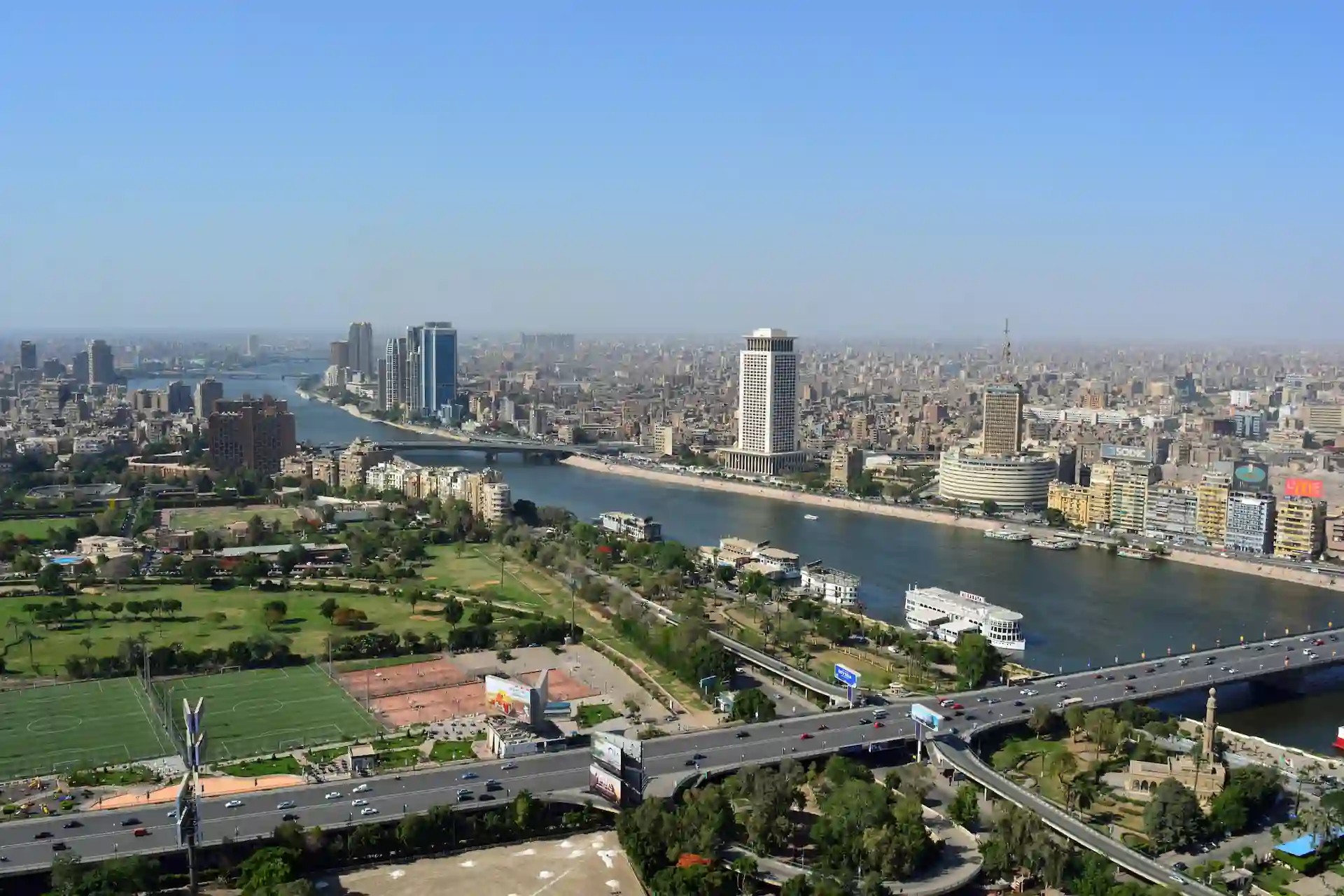
The official language of Egypt is Arabic, and it is spoken by the majority of the population. However, due to its history of being a hub for trade and tourism, English and French are also widely spoken. This makes it easier for tourists and non-native speakers to communicate and immerse themselves in the culture. Head to this article to know more about the Egyptian language (one of the dialects of Arabic) that is spoken in Egypt.
What Egypt is Known For?
Egypt is renowned for its awe-inspiring wonders that have left an indelible mark on human history. From the majestic pyramids of Giza to the serene waters of the Nile River, Egypt’s landmarks evoke a sense of awe and wonder. Delve into the mysteries of the Sphinx, sail along the timeless Nile, and witness the eternal beauty of Luxor’s temples. Egypt beckons adventurers and history enthusiasts from around the globe to discover its timeless allure. In addition to its historic sites, Egypt is also famous for its vibrant markets, bustling cities, and warm hospitality.
What is Considered Rude in Egypt: Cultural Etiquette
When immersing yourself in Egyptian culture and traditions, it’s essential to be aware of cultural etiquette to ensure respectful interactions with locals. Egyptians value hospitality and politeness, and it’s crucial to show respect for their customs and traditions. Avoiding public displays of affection, dressing modestly, and refraining from discussing sensitive topics are some of the key aspects to keep in mind when navigating Egyptian traditions and social norms.
Egyptian Celebrations and Festivals
Egyptians are known for their love of celebrations. Also, Egyptian traditions and customs play a significant role in these festivities. From religious holidays like Eid al-Fitr and Eid al-Adha to national celebrations like Revolution Day and Sham El-Nessim, there is always something to celebrate in Egypt. These events are a great opportunity for visitors to experience Egyptian culture and traditions firsthand.
Religion and Spirituality
Religion has always played a central role in Egyptian culture and traditions. Ancient Egyptians practiced a polytheistic religion, worshiping a pantheon of gods and goddesses. Deities such as Ra, the sun god, Osiris, the god of the underworld, and Isis, the goddess of love and magic, were revered and invoked for protection and guidance. Religious rituals, festivals, and ceremonies were an integral part of daily life, and temples served as centers of worship and community gatherings. Today, Egypt is predominantly Muslim, with Islam shaping many aspects of daily life, customs, and traditions.
Egypt Cultural Riches for Visitors to Explore
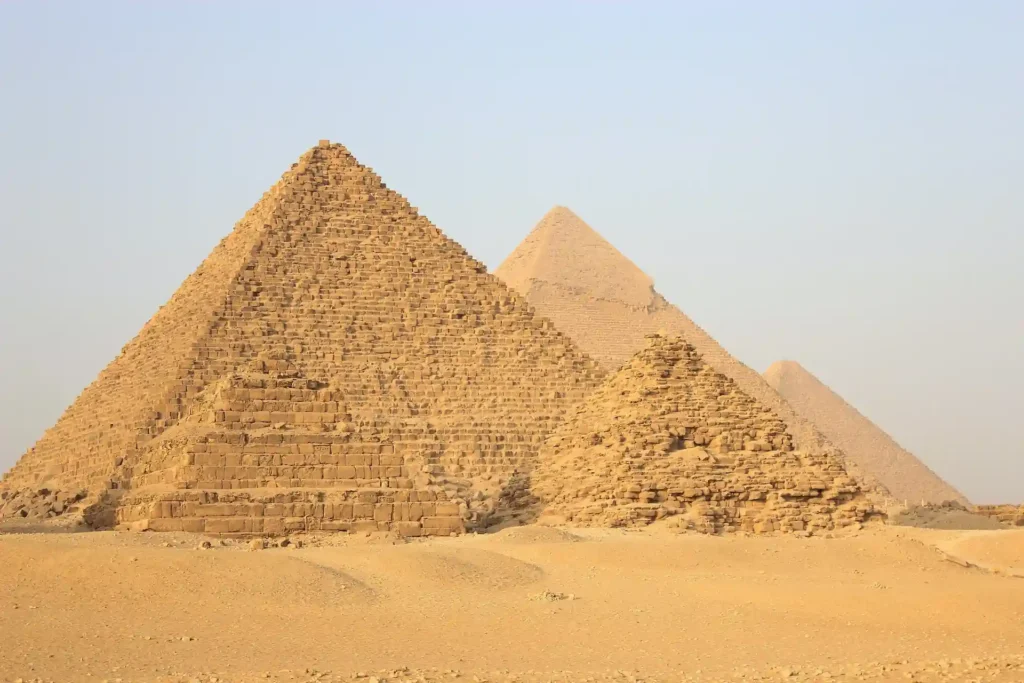
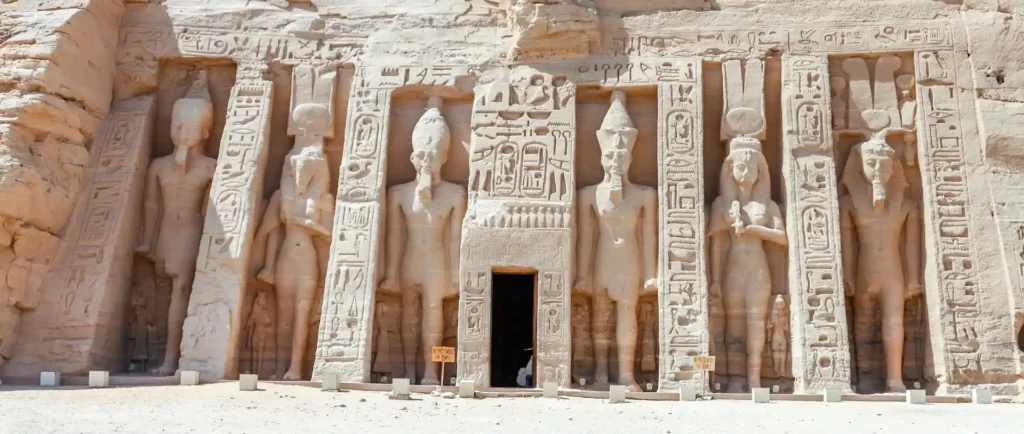
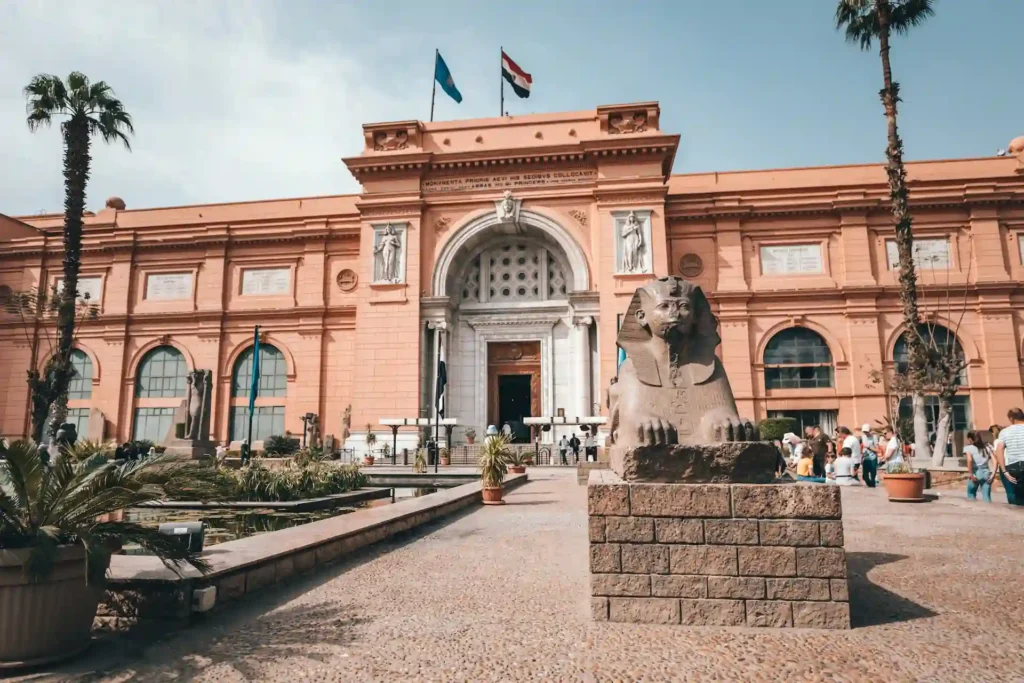
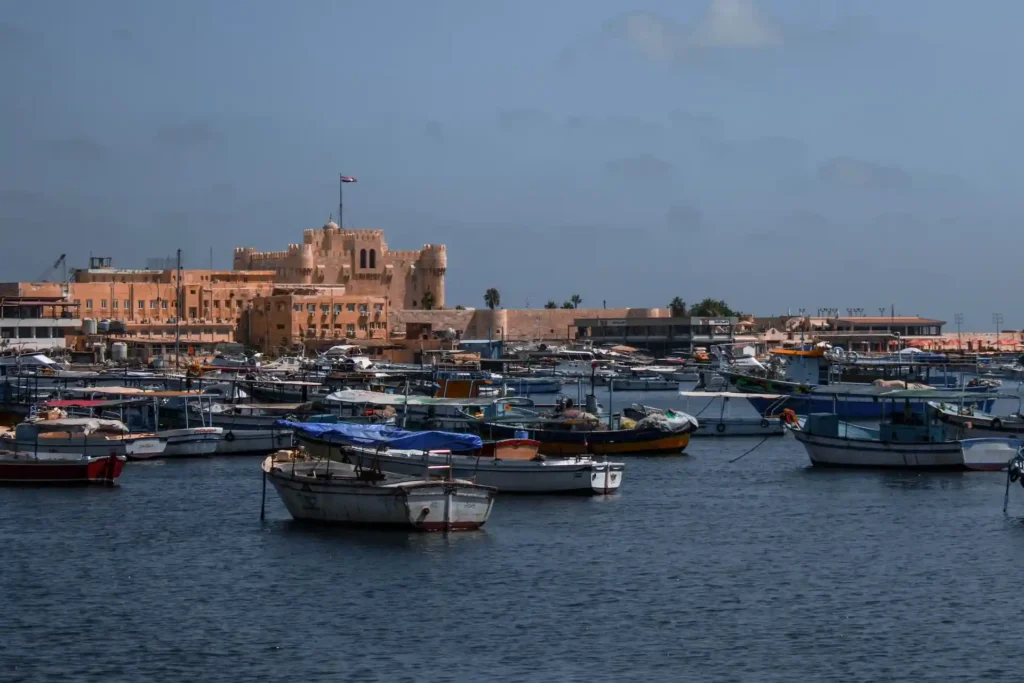
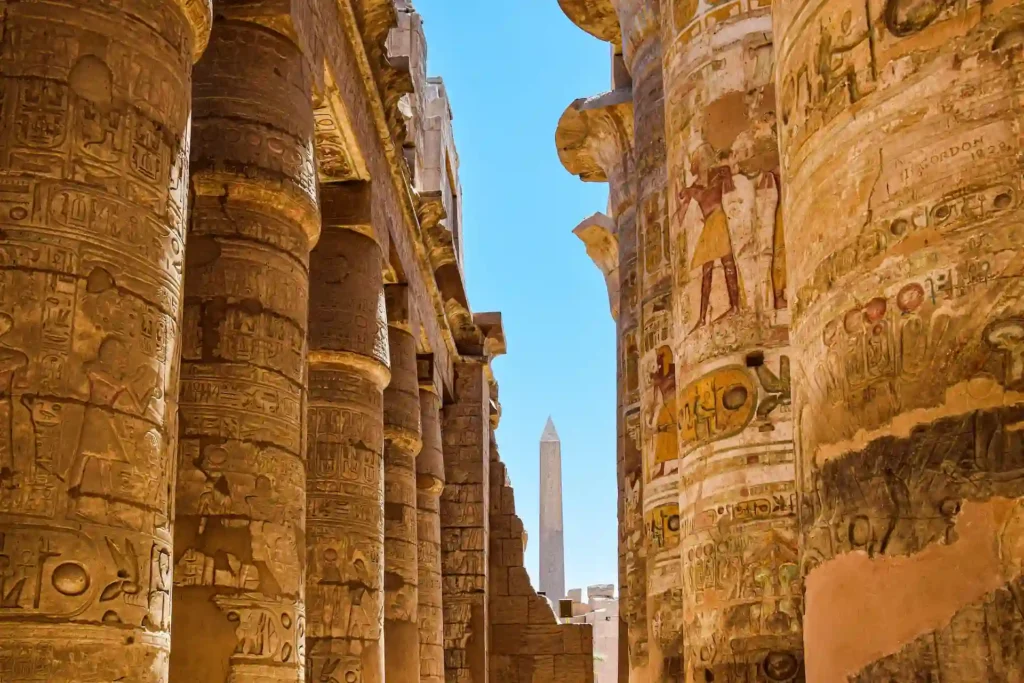
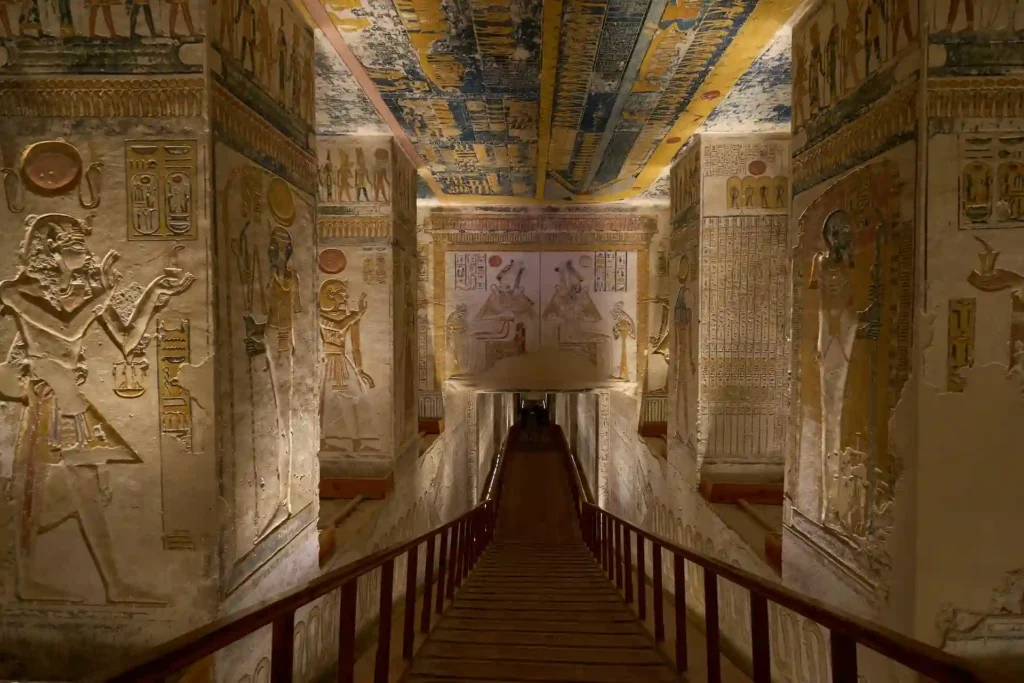
No exploration of Egyptian culture would be complete without a visit to the iconic Cairo Museum. Home to a vast collection of ancient artifacts, Cairo’s famous Egyptian Museum houses over 120,000 artifacts reflecting the incredible achievements and mysteries of pharaonic civilization. Marvel at the exquisite treasures of Tutankhamun, explore the mysteries of the pyramids, and immerse yourself in the awe-inspiring history that has captivated the world for centuries.
Luxor offers amazing temples at Karnak and the Valley of the Kings for discovering ancient Egyptian beliefs. Alexandria retains landmarks from its Ptolemaic and Roman heritage. Also, you can find magic, beauty in temple of Abu Simbil in Aswan that you’ll not find in any other country. This is some of the cultural riches in Egypt and there are a lot more. Overall, visiting Egypt allows one to discover why its culture remains one of human history’s most studied and significant. The welcoming Egyptian people and their enduring pride in customs that bind them to past greatness make the country a deeply enriching place to explore.
Egyptian Cultural Clothes: A Tapestry of Colors and Symbolism
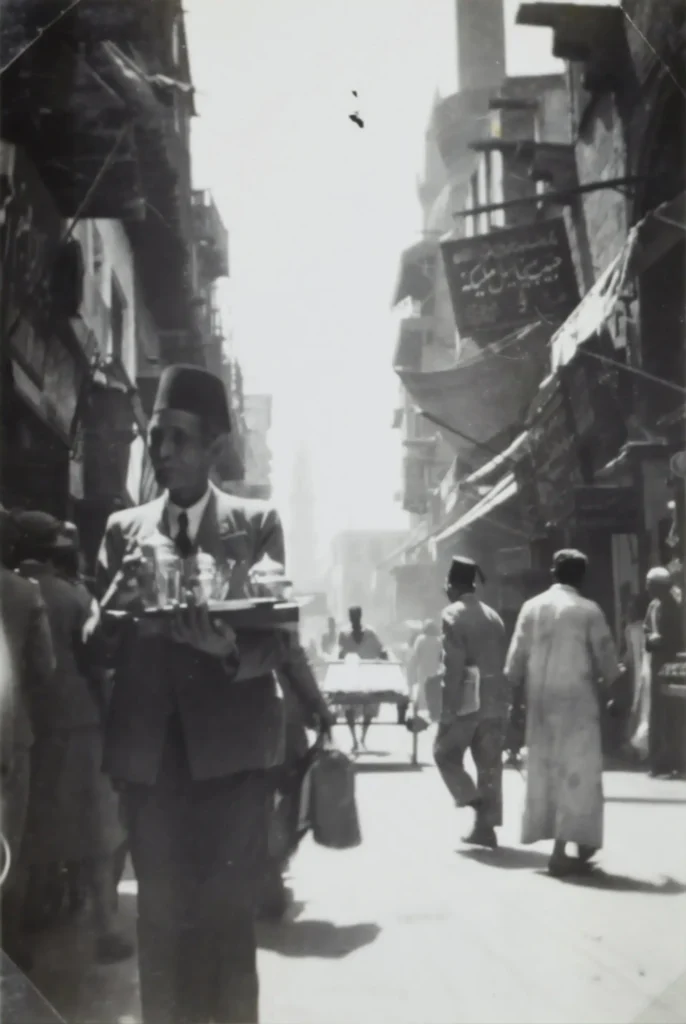
Egyptian cultural clothes constitute a rich and diverse tradition that dates back thousands of years. The most common type of traditional Egyptian clothing is the “galabiya”, which is a loose-fitting, long-sleeved robe. Galabiyas are worn by both men and women, and can be made from a variety of fabrics, including cotton, linen, and wool.
Egyptian Cultural Clothes are often brightly colored and feature intricate designs. Some common designs include geometric patterns, floral motifs, and calligraphic inscriptions. Here are some examples of Egyptian Cultural Clothes:
- Galabiya: A loose-fitting, long-sleeved robe worn by both men and women.
- Tarboush: A red fez hat worn by men.
- Shesh: A white headscarf worn by women.
- Hijab: A veil worn by Muslim women to cover their hair and body.
- Normal clothing: T-shirts, shirts, trousers, shorts, blouses, jackets, skirts, dresses and suites.
Traditional Egyptian clothing is often worn on special occasions, such as weddings, funerals, and religious holidays. It is also worn by some Egyptians in everyday life. Egyptian cultural clothing is a reflection of the country’s rich history and culture. It is one of the beautiful and unique Egyptian traditions that is cherished by many Egyptians.
Family and Community
Family and community hold a paramount place in Egyptian culture and traditions. Egyptians are known for their strong sense of kinship and solidarity. The traditional Egyptian family structure is typically extended, with multiple generations living together under one roof. Respect for elders and the care of children are deeply ingrained values. The community plays a crucial role in providing support, fostering a sense of belonging, and preserving cultural traditions. Egyptians often gather for communal events, such as weddings, religious festivals, and celebrations, reinforcing the bonds that unite them.
Food in Egyptian Culture
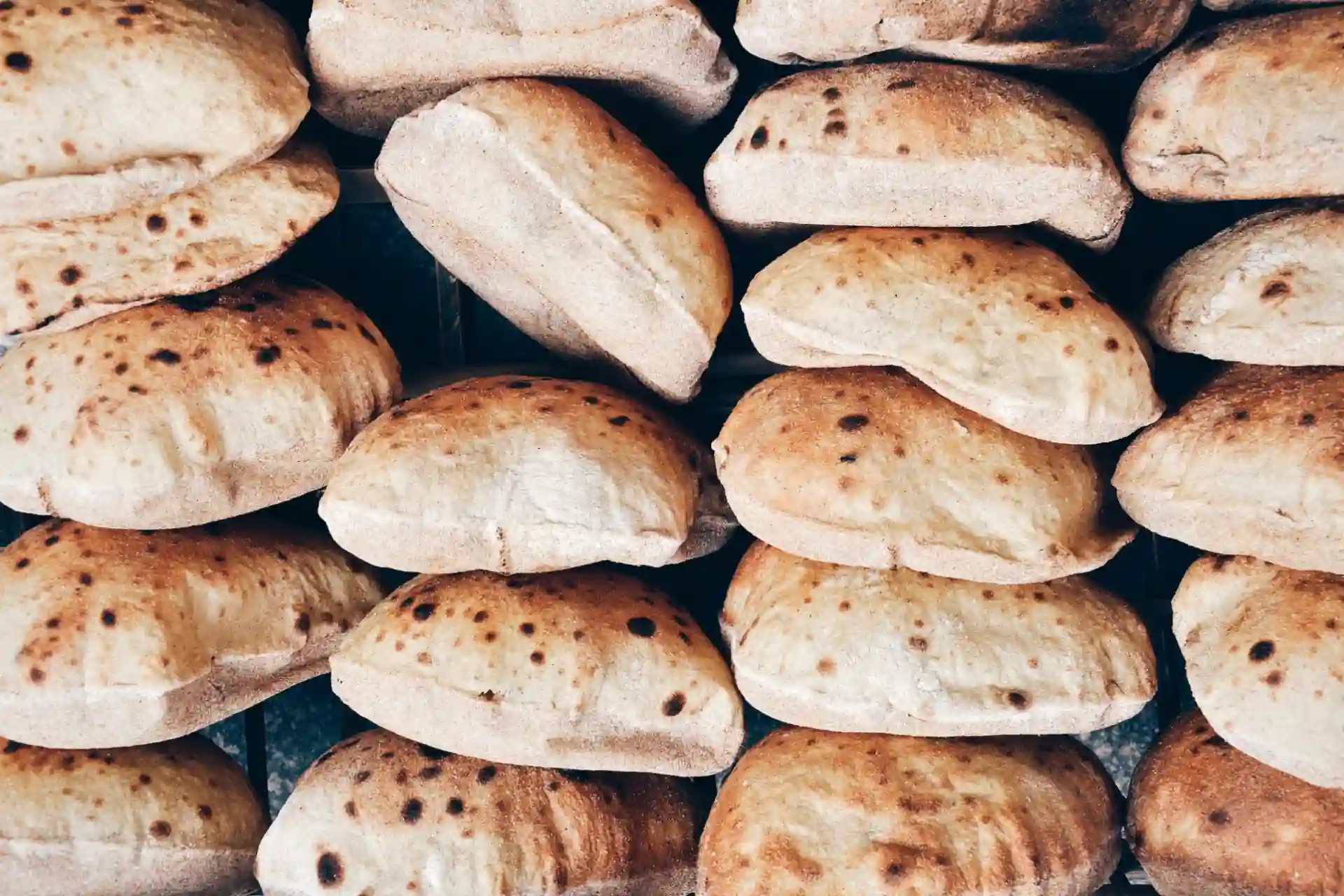
Egyptian cuisine is a delightful blend of flavors and aromas that has evolved over thousands of years. The staple food is pita bread (eish baladi), which accompanies most meals. Ful medames, a dish made from cooked fava beans, is a beloved national dish often served for breakfast.
Other popular dishes include koshari, a hearty mixture of rice, lentils, and pasta, and molokhia, a green soup made from jute leaves. Egyptian cuisine is known for its use of spices and herbs, such as cumin, coriander, and mint, adding distinctive flavors to every dish.
Art and Literature
Egypt has a rich artistic tradition that dates back to ancient times. The intricate hieroglyphs and paintings found in tombs and temples depict the beliefs, mythology, and daily life of the ancient Egyptians. Today, Egyptian art continues to flourish, with contemporary artists drawing inspiration from both ancient and modern influences. Egyptian literature, encompassing both ancient and modern works, reflects the country’s cultural heritage, social issues, and political transformations. Renowned writers, such as Naguib Mahfouz, the Nobel laureate, have left an indelible mark on Egyptian and world literature.
Books About Egyptian Culture
For those who want to dive deeper into Egyptian culture and traditions, there are plenty of books available that offer a glimpse into this fascinating world. From historical accounts to modern-day perspectives, these books provide a deeper understanding of the country and its people.
Modern Egyptian Culture
Modern Egyptian culture is a vibrant and diverse mix of tradition and modernity. It is influenced by Egypt’s long and rich history, its Islamic heritage, and its location in the Middle East and North Africa. One of the most distinctive features of modern Egyptian culture is its emphasis on family and community. Egyptians are known for their warm hospitality and strong social ties. Extended families often live together or close by, and neighbors look out for each other.
Another important aspect of modern Egyptian culture is its strong sense of national identity. Egyptians are proud of their country’s rich history and culture, and they have a deep sense of patriotism. Here are some specific examples of modern Egyptian culture:
- Television: Egyptian TV dramas are very popular, with series like “Raafat El Hagan” and “Bab El Hara” becoming cultural phenomena.
- Literature: Egyptian literature is rich and diverse, with authors like Naguib Mahfouz and Nawal El Saadawi winning the Nobel Prize in Literature.
- Art: Egyptian art is also thriving, with artists like Mahmoud Mokhtar and Gazbia Sirry creating world-renowned works.
Modern Egyptian culture is a complex and ever-evolving mix of tradition and modernity. It is a culture that is rich in history, culture, and the arts.
Conclusion
In conclusion, Egyptian culture and traditions are a mosaic of influences, creating a unique and vibrant society. From its ancient history and impressive landmarks to its delicious food and festive celebrations, Egypt always has something to offer to everyone. So, next time you visit this country, make sure to immerse yourself in all it has to offer and discover the beauty of all Egyptian culture and traditions.

